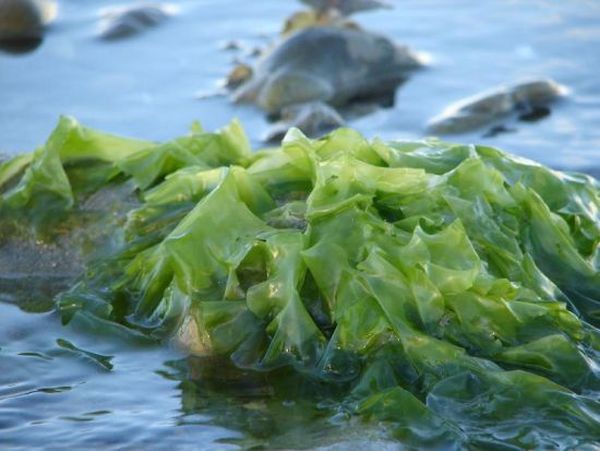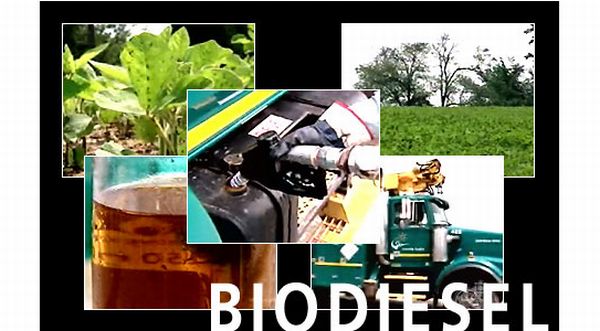The search for alternative fuel sources has taken mankind far and wide. It has compelled us to further advance technology so that we might one day see a world that runs on safe and clean fuel. We’re still miles away from coming to a fool-proof solution but that has only propelled experts to hunt ever deeper. Prof. Avigdor Abelson of the Department of Zoology, Tel Aviv University, and his colleagues may have just stumbled onto a solution. If successful, we should hope to see bioethanol being generated from the common seaweed very soon.

The production of bioethanol isn’t anything new but generating it from seaweed sure is. Till now, bioethanol was usually produced from feedstock. The trouble lay in the fact that large tracts of farmland were used for the purpose. This diversion of crops to make way for fuel-generating ones can drive up costs and cap food sources. Prof. Abelson and his team have thus taken to the seas and found that macroalgae or the common seaweed can be grown faster than land-based crops without posing dangers to natural habitats or hindering food production.
The seaweed solution serves a two-way purpose: not only can it be used as the basis for bioethanol production, but it can also help absorb excessive nutrients from water that are left behind by aquaculture or human waste. The researchers are of the view that harvesting seaweed could also reverse the trend of eutrophication currently seen in many coastal regions.
Combined Aquaculture Multi-Use Systems or CAMUS is the system being developed by these researchers to promote the growth of seaweed. To ensure successful production of bioethanol, they’re working to increase the levels of carbohydrate and sugar of the macroalgae. If the team is successful, the simple seaweed could soon become a major source of bioethanol which can then be used to drive our automobiles and machines.
Via: Sciencedaily




